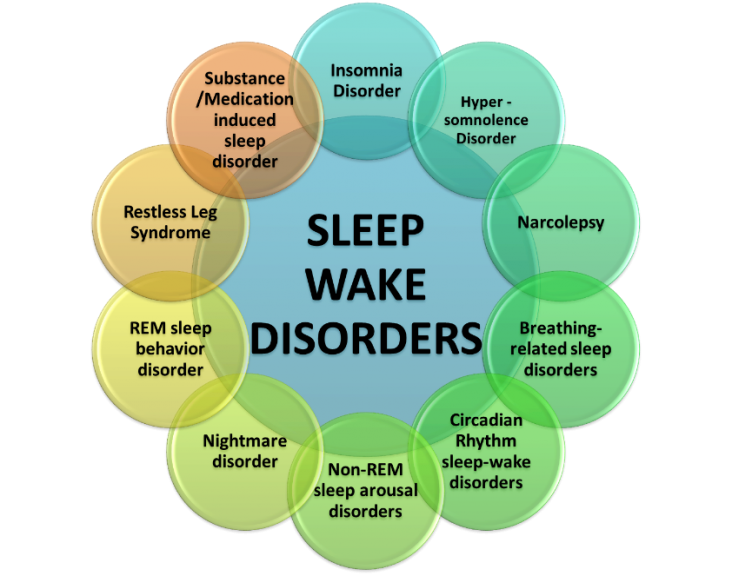

While it is not known how many people suffer from cataplexy, narcolepsy is thought to affect as many as 200,000 people in the United States. Stats: How Many Suffer from this Disorder?Ĭataplexy occurs in some children and adults with narcolepsy, and more rarely can be associated with other disorders.

These episodes can last a few seconds to several minutes, but the person remains awake during the episode and experiences an instant recovery when the episode resolves.
#Cataplexy meaning full#
Others have full body weakness or paralysis that causes them to collapse. Some people experience partial paralysis of their face, causing their eyelids to droop or their mouth to hang open. It is most often related to a positive, strong emotional response such as excitement or laughter, however, it can be associated with other powerful emotions like anger or stress.Ĭataplexy affects people to different degrees. Cataplexy: What Does It Mean?Ĭataplexy is a partial or generalized loss of muscle tone or control that is triggered by emotion. While cataplexy can have a large impact on a person’s life, there are resources and treatments available to help those struggling to manage their illness. Those who suffer from cataplexy can feel isolated as they tend to withdraw from emotionally charged situations in order to manage their symptoms. Cataplexy Resources and Support HelplineĬataplexy is a rare disorder in which a person loses muscle control when experiencing strong emotions (also one of the symptoms of narcolepsy).What Should I be Looking for in an LMHP?.Look out for These Complications/Risk Factors.Testing: What are the Diagnostic Criteria Per the DSM 5?.Stats: How Many Suffer from this Disorder?.They can also put you in touch with narcolepsy organisations or support groups, such as Narcolepsy UK.
#Cataplexy meaning how to#
They can advise you about how to minimise the effect narcolepsy has on your daily life. Speak to a GP if you have narcolepsy and it's making you feel low or depressed. automatic behaviour – continuing with an activity without having any recollection of it afterwards.restless sleep – for example, having hot flushes, waking up frequently, having vivid nightmares, or physically acting out dreams.hallucinations – seeing or hearing things that are not real, particularly when going to sleep or waking up a presence in the bedroom is the most commonly reported hallucination.Narcolepsy can also cause a number of other symptoms, including: Although sleep paralysis does not cause any harm, being unable to move can be frightening. The episodes can last from a few seconds to several minutes. This is a temporary inability to move or speak that occurs when waking up or falling asleep. Some people with narcolepsy experience episodes of sleep paralysis.

Some people with narcolepsy have cataplexy attacks once or twice a year, while others have them several times a day.


 0 kommentar(er)
0 kommentar(er)
